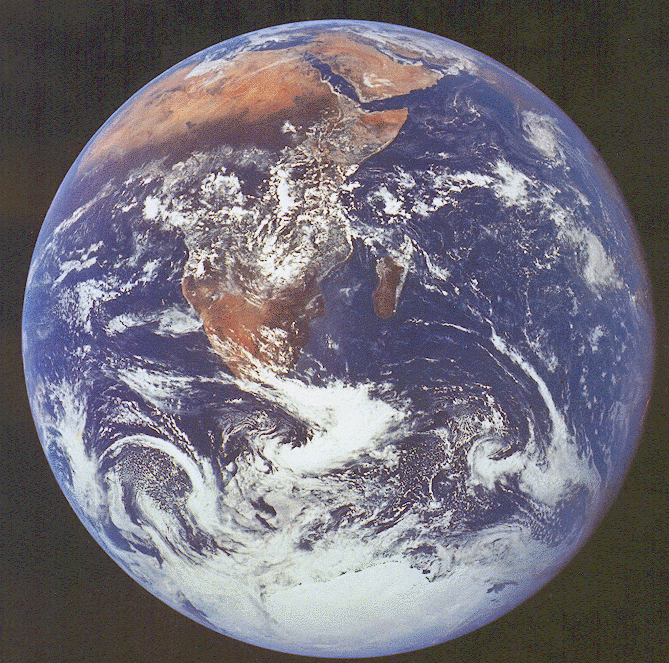Urbanization threatens world food security

“We have entered the urban millennium and that will bring different (food supply) challenges,” Klaus Topfer, executive director, Institute for Advanced Sustainability Studies, told the audience.
About 3.2bn people, more than half the world’s population, currently live in cities, according to United Nations’ statistics. By 2030, nearly 5bn will live in cities - three out of five people, it forecasts.
21 mega-cities
There are currently 21 mega-cities, defined as urban areas housing 10m people or more, including New York, Mumbai, Tokyo, Dhaka and Mexico City. Within the next 14 years, that total is expected to reach 26, with at least 10 mega-cities in Asia alone, according to the Far Eastern Economic Review.
Growing urbanization demands new thinking on food supply and distribution, said Topfer. “There is an urgent need to research the distribution of food in urban areas and to consider urban agriculture.”
Increasing affluence and competition for land between food and energy crops are also challenging food supplies. About 1bn people around the world now enjoy what Topfer described as “a middle-class income,” which significantly changed their food preferences in favour of meat. “Due to the changing food consumption of these 1bn people, we will have to produce enough food as we would for an extra 12bn extra consumers,” he said.
Planning for to feed the globe’s increasingly urban population was not only a moral obligation but a political imperative, he said. “If we fail in Europe (to plan adequate food security) we fail in our peace politics. People facing famine will look at new solutions. We should help others to help themselves.”
Most violated
Ilse Aigner, German federal minister of Food, Agriculture and Consumer Protection, said that the basic right to enough food was “The human right most violated across the world.”
Food production will need to increase by 70 per cent to feed the world population of 9.3bn forecast by 2050 compared with about 7m today. “Agriculture is supposed to produce food and it is supposed to produce energy to fight climate change but there is not much space left in the field (to accomplish this),” said Aigner.
FAO estimates that there are 925m under-nourished people around the world.
Meanwhile, the congress also heard that 1.3bn tons of food produced for human consumption is either lost or wasted each year, according to a report commissioned by FAO.
The report, Global Food Losses and Food Waste, revealed that one third of all food is never eaten wasting the resources used in its production, processing and distribution and needlessly creating greenhouse gas emissions.
Consumers in developed nations waste significantly more food than those in developing nations. The researchers estimated the per capita food waste in Europe and North America at 95 –115kg/year compared with only 6 – 11kg/year in sub-Saharan Africa and South East Asia.













